1 Elul 5785/August 25, 2025
Rabbi Laurence Malinger
This past year, I returned to school to pursue my Funeral Director’s license, a journey that has challenged and nourished me physically and spiritually. As Elul invites us to reflect and prepare for the New Year, I see deep connections between this season of introspection, Jewish ethics, and the sacred work of accompanying the dead.
Makhloket l’shem Shamayim, taught in Pirkei Avot (5:17), refers to disagreements rooted in humility and truth-seeking, not ego. Hillel and Shammai are our model—debating passionately but with mutual respect and for the good of the community. Elul mirrors this spirit, calling us to teshuvah and to mend relationships—with others and with God.
The funeral industry, steeped in grief and transition, often brings conflict—between families, with providers, or over religious customs. Disputes about burial, tradition vs. modernity, or faith vs. secularism can either be divisive or, when approached with care, serve a higher purpose. In these sacred moments, rabbis and funeral directors become mediators—helping transform grief-stricken conflict into compassion and dignity. Elul reminds us: death is a mirror, and funerals can prompt the living to reflect, forgive, and reconnect.
For those of us in this field, cheshbon hanefesh demands we ask: Are we ethical, fair, and honoring the dead with integrity? In the space between death and renewal, Elul and the funeral world intersect—challenging us to seek truth, elevate conflict, and walk humbly in service of something greater.

